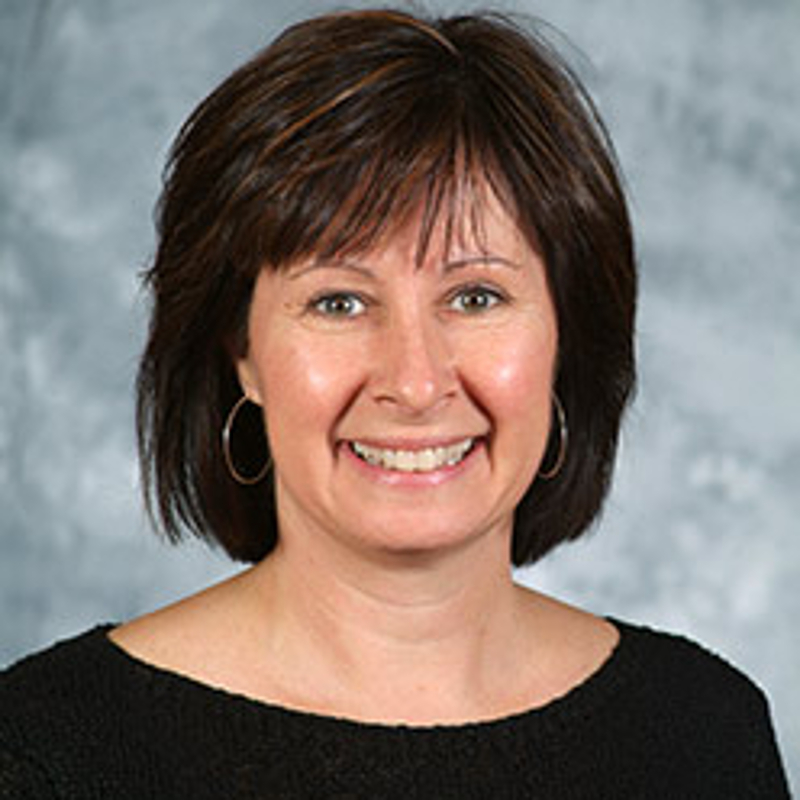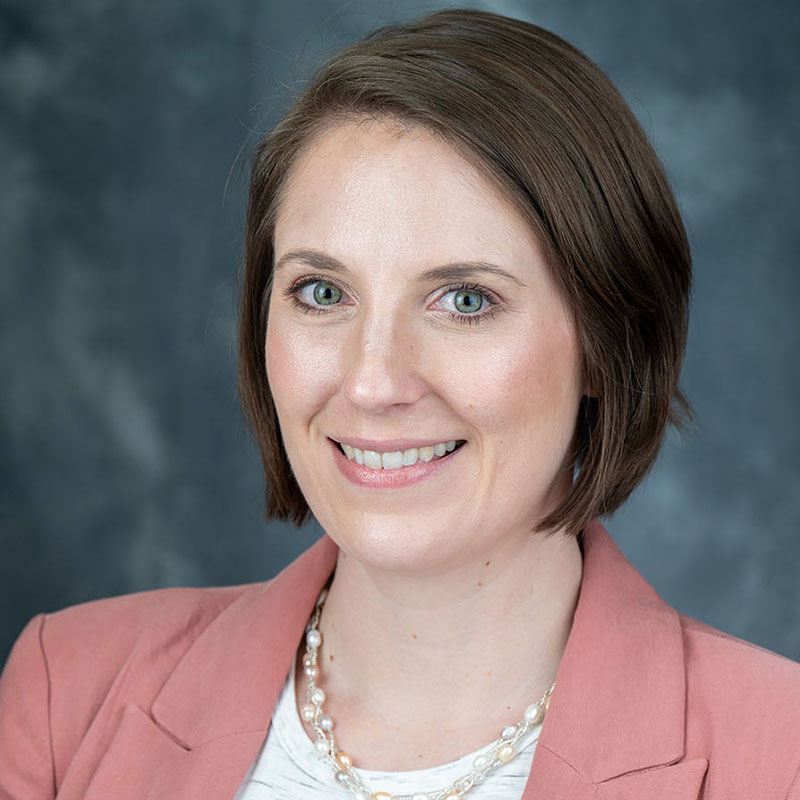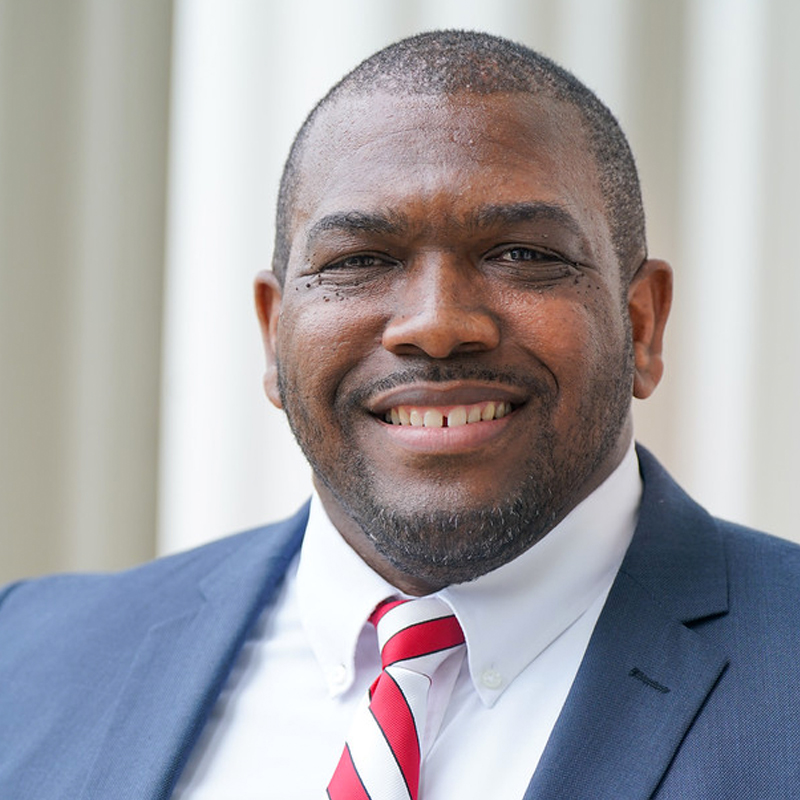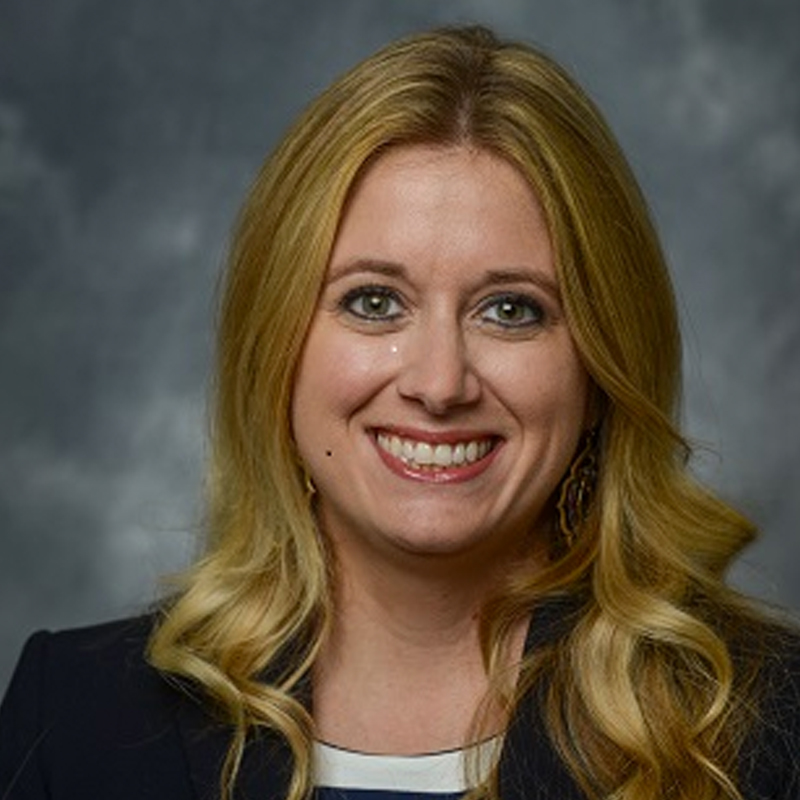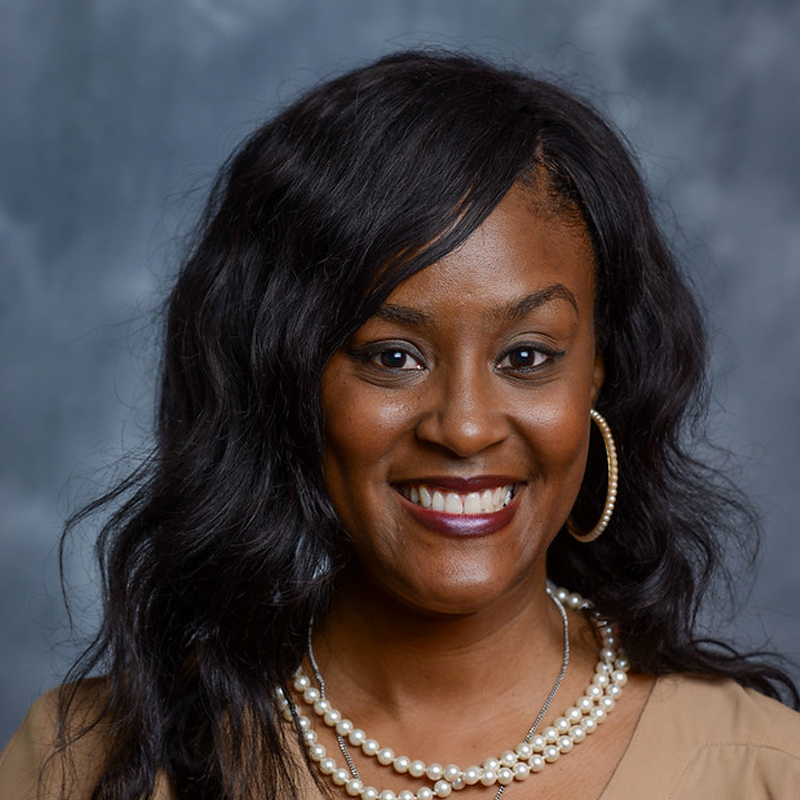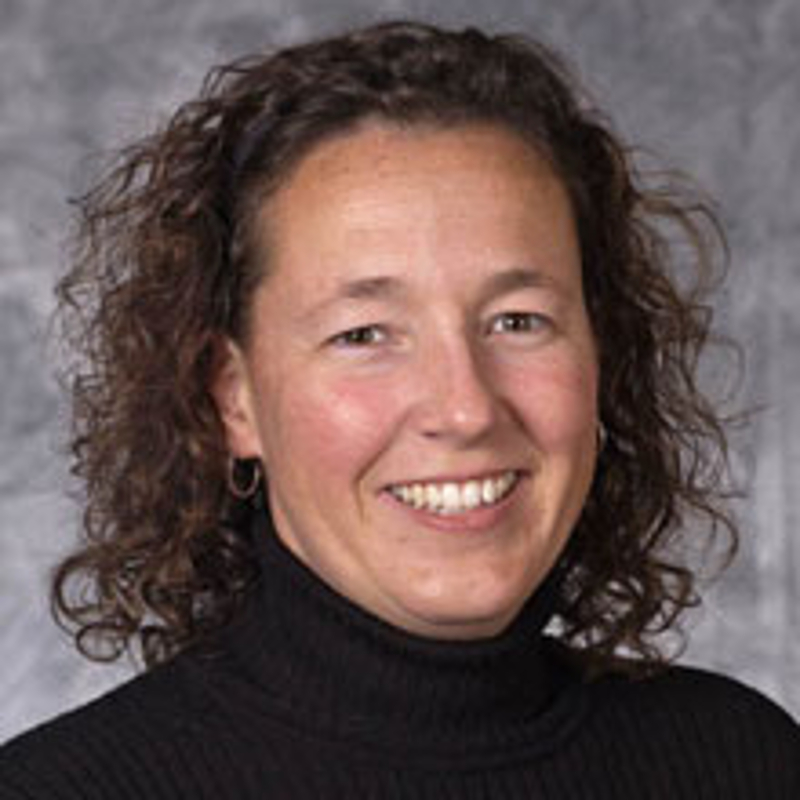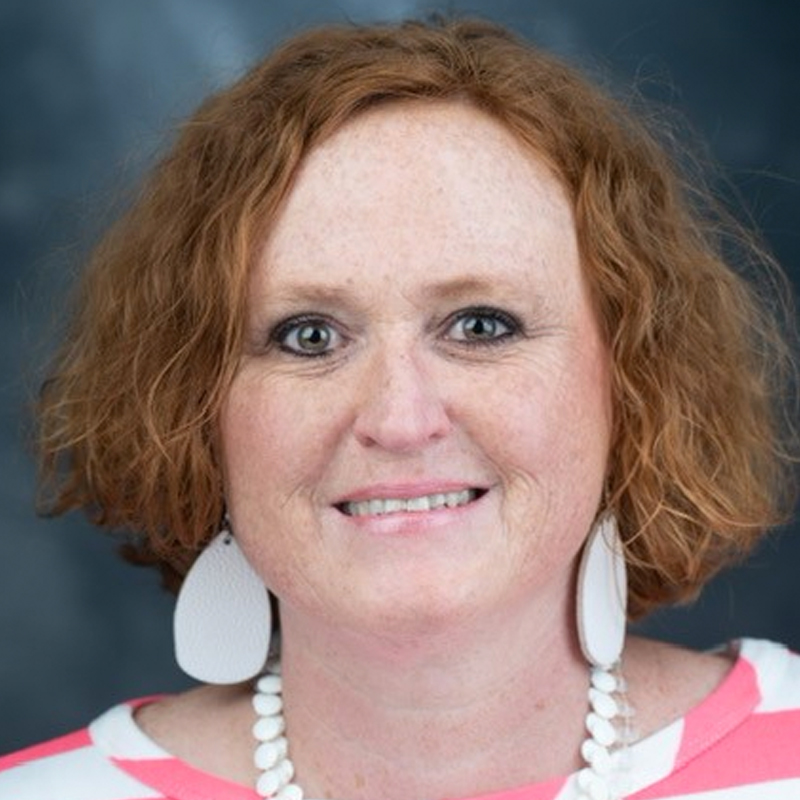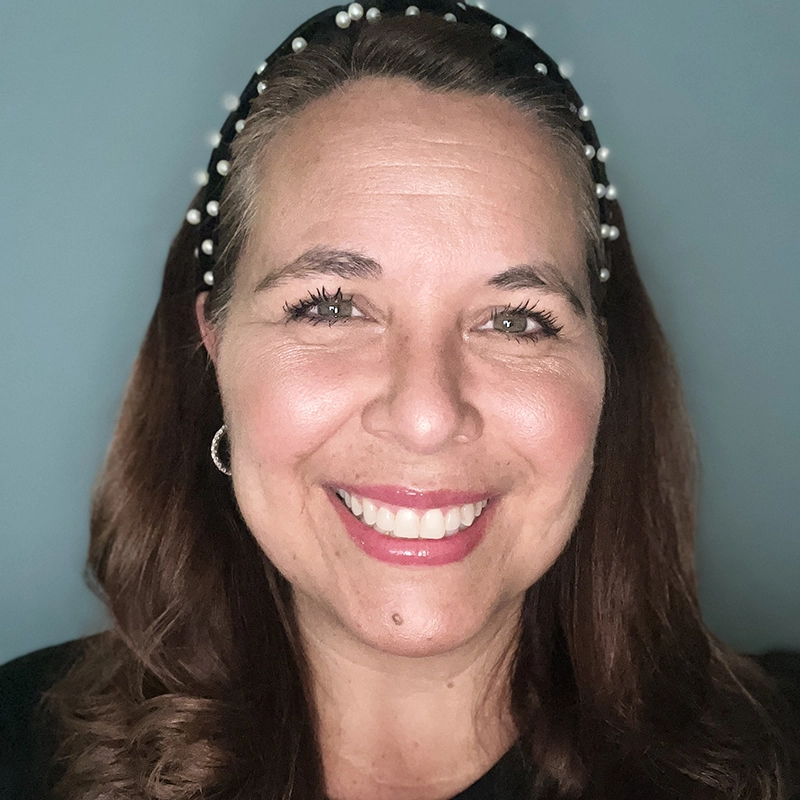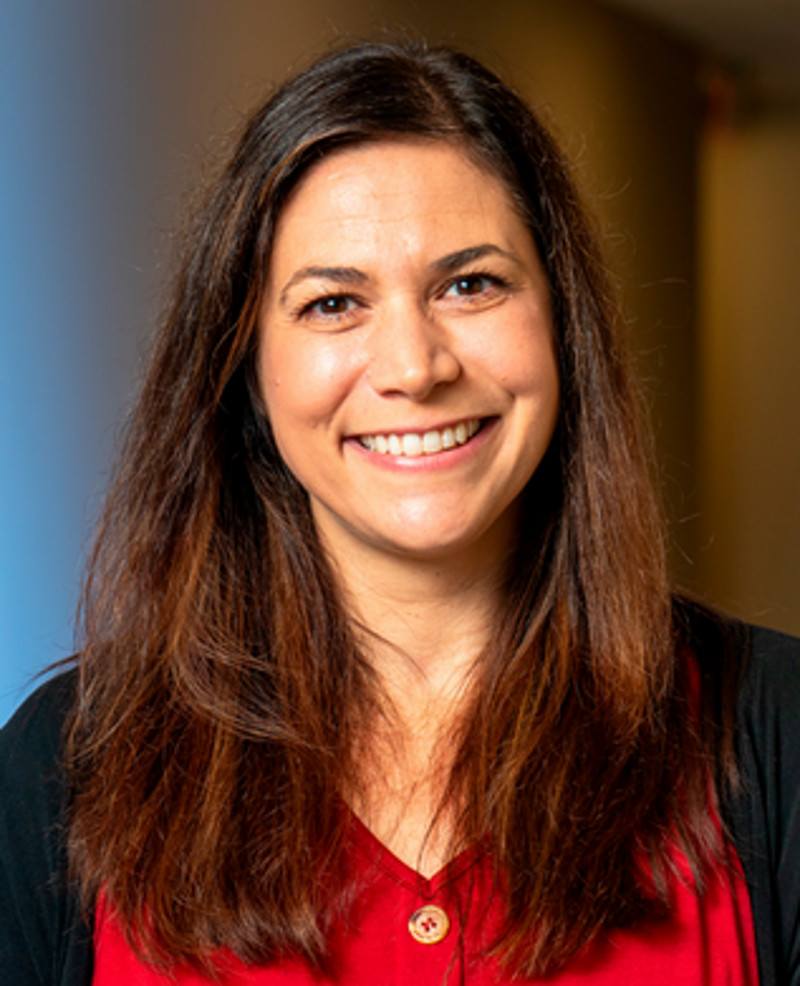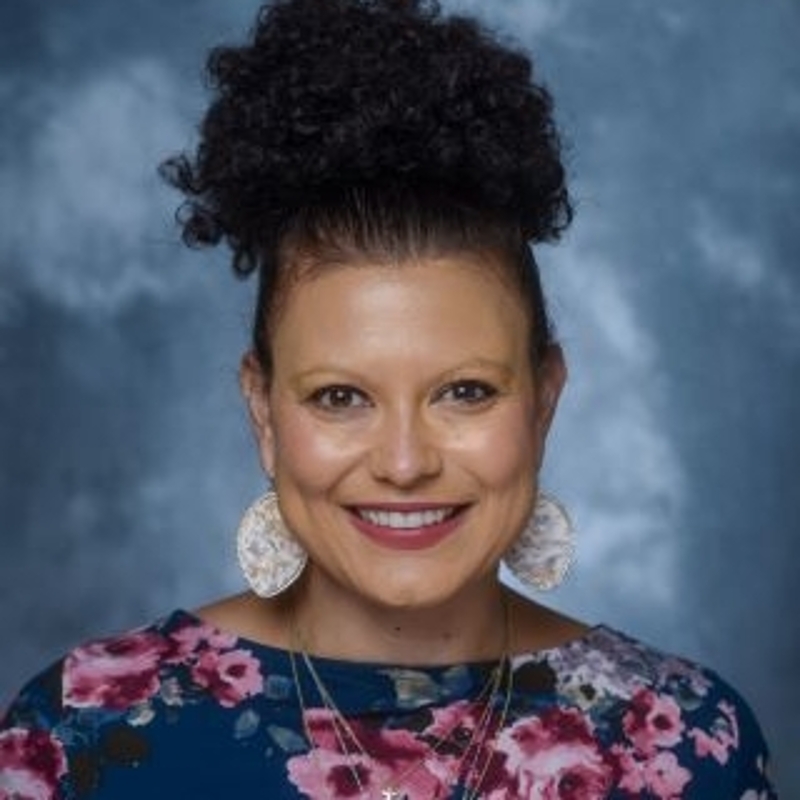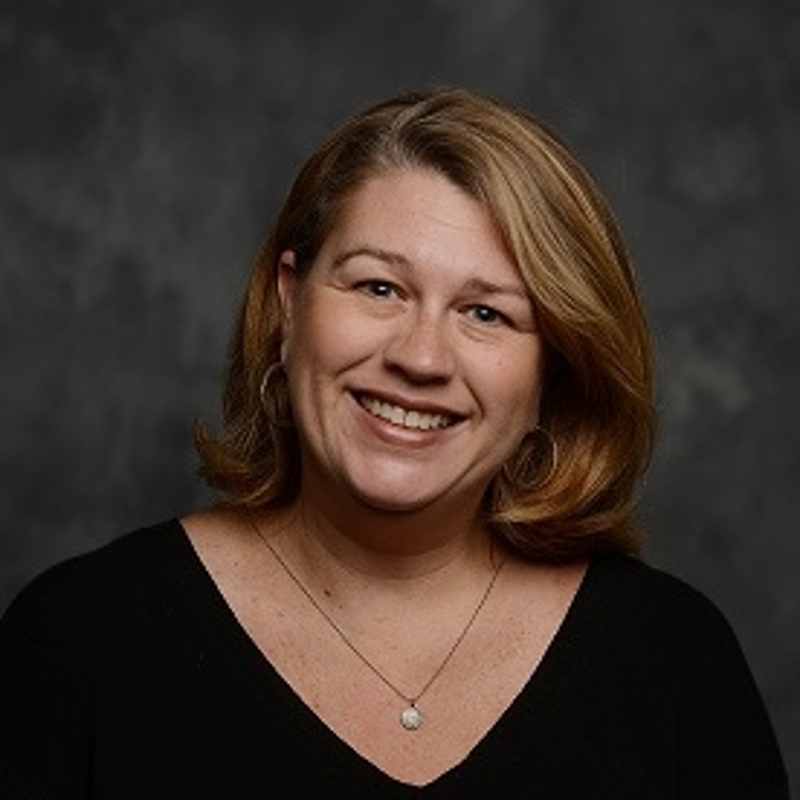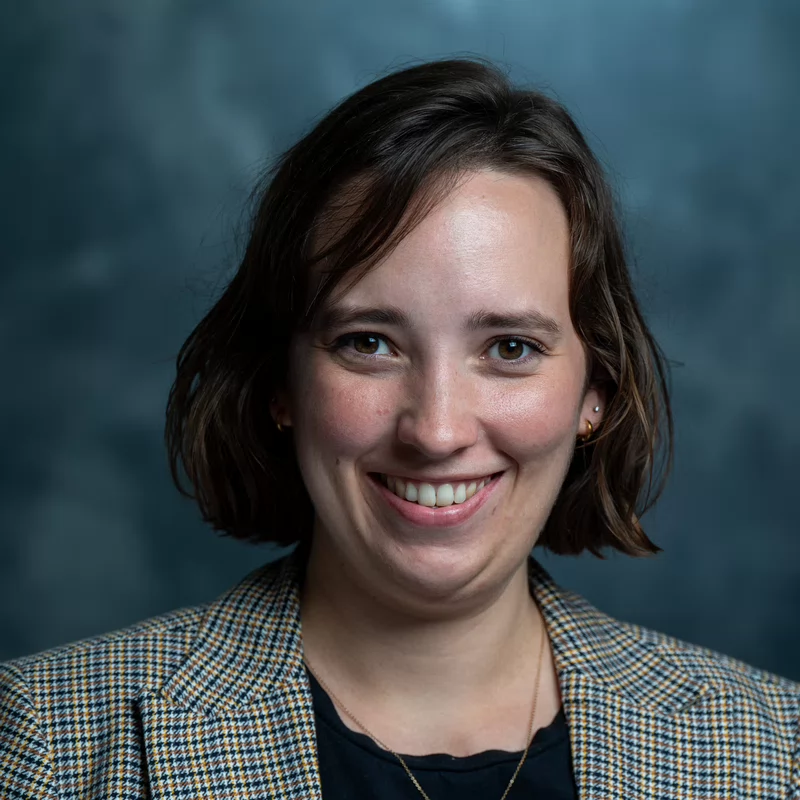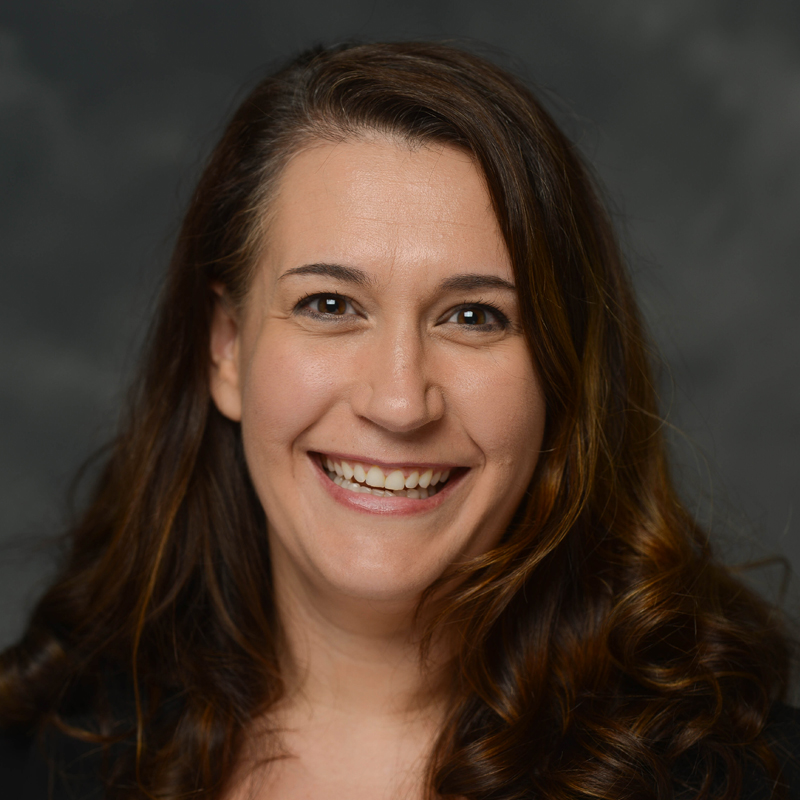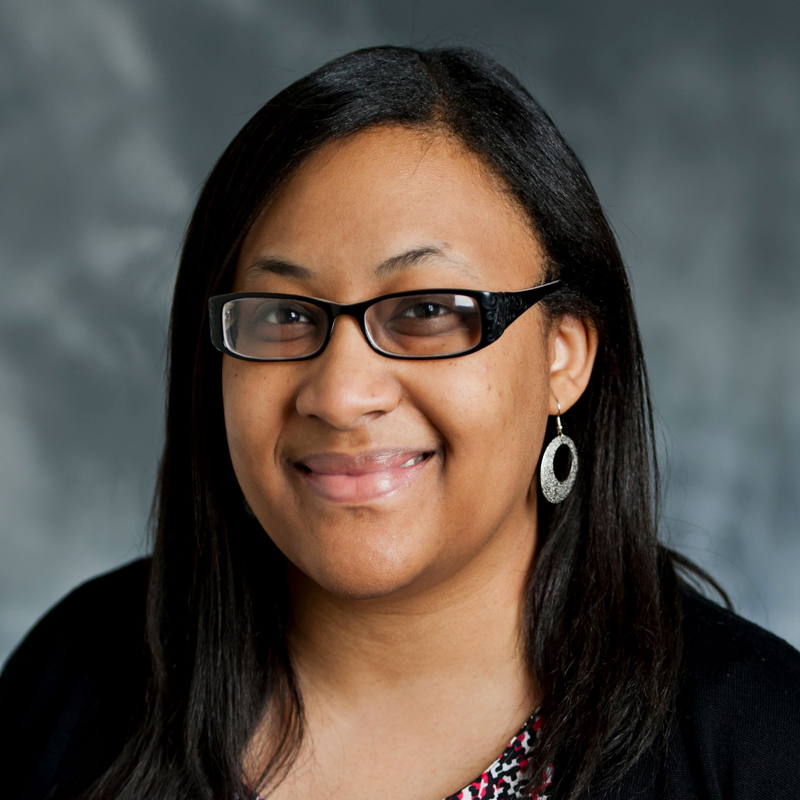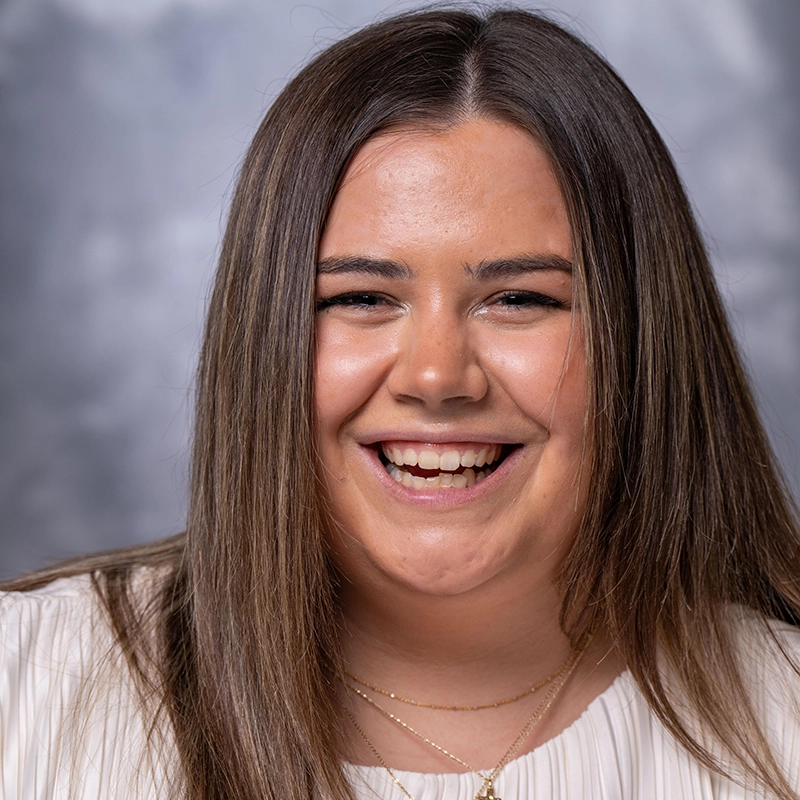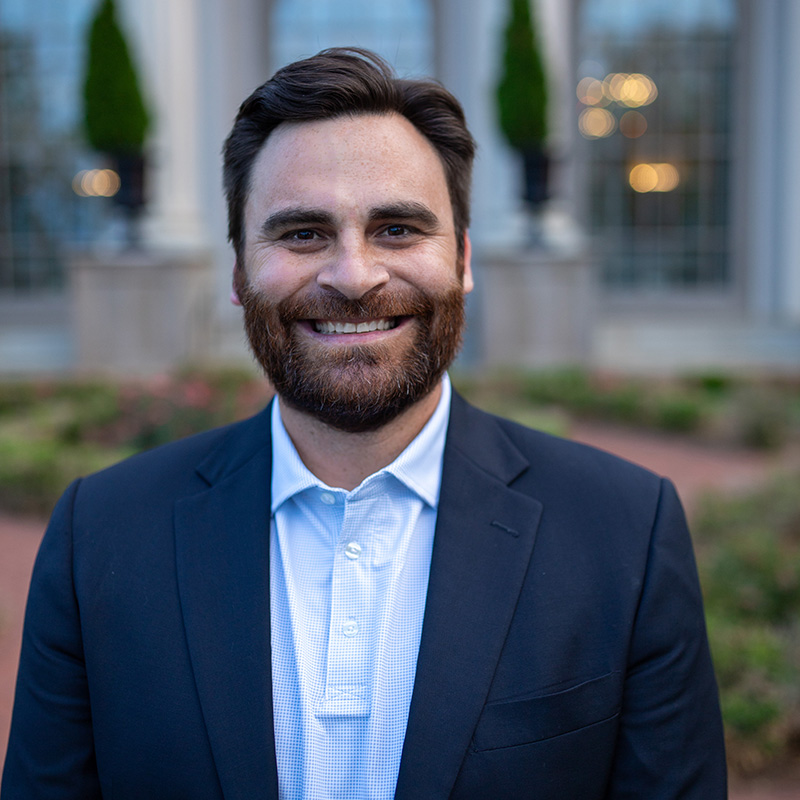A Rare Undergraduate Opportunity
Belmont University offers one of the few undergraduate Education Policy programs in the nation, which provides a non-licensure approach to education. This distinctive degree prepares you to become a changemaker in the education sector from day one of your college career.
Why Major in Education Policy?
There has never been a greater need for diverse, skilled, passionate and courageous advocates and leaders in education!
We are preparing educators who will act and lead skillfully to improve the educational conditions, opportunities and outcomes of students in the United States and abroad.
Belmont's program is designed for those who will pursue:
- graduate degrees like educational licensure, educational leadership, social sciences or law
- certification as a teacher, school counselor, or student services professional at the graduate level
- a career in teaching, but who desire first to explore and examine the field of education before beginning a teacher licensure program at the undergraduate or graduate level.
As an interdisciplinary major, the program integrates with and provides avenues for integration with programs in every college at Belmont. The Education Policy core includes required courses not only in education, but also in sociology, political science and business. All Education Policy majors complete a minor in a field outside of education. Additionally, Education Policy majors complete both an education-focused internship experience and an education-focused study abroad experience.
Am I an Adult Student?
Adult Degree applicants should be 24 years or older. However, exceptions for those under the age of 24 might include evidence of two years or more of military service, marriage or having a family of your own.
Want to transfer previous college credits?
See how your courses will transfer to Belmont University.
Request Information
What makes Adult Degree Programs special?
Your Success is Personal: Our students are not one-sized fits all, and neither is our commitment to you. Your path to a college degree is unique, and we take your success as personally as you do. Our staff and faculty will be with you from the first point of contact all the way through graduation and beyond, providing personalized guidance and assistance so you don’t have to go it alone.
Education Designed to Elevate Your Career: Whatever adult degree program option you choose, a career-focused curriculum will help you elevate your current career or prepare you for new professional or personal opportunities.
Unique Tuition Discount for Adult Degree Program Students: Belmont is dedicated to offering access to high-quality education for busy adults. Students in Belmont’s Adult Degree Program receive more than a 60% discount off of the tuition cost that traditional Belmont students pay for the very same quality, private school education.
Program Details
Curriculum
The education policy major leads to either a bachelor of science or bachelor of arts. It requires 128 hours of coursework. The program also requires a study abroad experience and internship experience.
- BELL Core requirements: 53 hours
- Education Policy Core and Research Requirements: 24 Hours
- Elective requirements: 9 hours
- Minor requirements: 18 hours
- General electives: 21 hours
Courses You'll Take
- EDU 2100 Foundations of Education
This course provides an overview of the historical and sociological development of the American education systems and instructs candidates to use advocacy for children, families and the profession to uncover unconscious bias and to critically analyze the myths that exist about American education. (Approximately 20 hours of practicum required, which may be within the scheduled time of the class.)
- EDU 3010 Introduction to Educational Policy
This course provides an introduction to the political, legal, and regulatory environment around pre-K-12 public and private education. Students will gain a foundational understanding of the context, structures, and mechanisms of public policy as they affect the educational realm, and explore the means by which educational policy is developed, implemented, and influenced. Topics such as governance, curricular oversight, public accountability, educational equity, and school funding will be examined. - EDU 3025 Culturally & Linguisticallly Diverse Communities
This course places increased emphasis on family systems theories and ideologies drawing upon the assets of multicultural, multilingual families and communities. Building on the principles of advocacy and justice, the course seeks to cultivate educators and other professionals with the tools to assess families and communities and provide holistic strengths-based literacy. Emphasis is placed upon how community nonprofits and social organizations enhance opportunities for whole family literacy development and how educators actively collaborate within these spaces to address multifaceted family goals. - EDU 3800 Meeting the Needs of Diverse Learners in the Classroom
Overview of exceptionalities; introduction to pedagogical, curricular and social considerations involved in educating diverse learners in the classroom. The course has a practicum component. (Approximately 20 hours of practicum required, which may be within the scheduled time of the class.) - EDU 3895 Literacy in Family and Community Arenas
This course places increased emphasis on family systems theories and ideologies drawing upon the assets of multicultural, multilingual families and communities. Building on the principles of advocacy and justice, the course seeks to cultivate educators and other professionals with the tools to assess families and communities and provide holistic strengths-based literacy. Emphasis is placed upon how community nonprofits and social organizations enhance opportunities for whole family literacy development and how educators actively collaborate within these spaces to address multifaceted family goals.
- SET 2100 Introduction to Social Entrepreneurship
This course introduces students to social entrepreneurship through case studies, key readings and primary information resources. Students will become familiar with organizations and social entrepreneurs through service-learning projects and will begin to develop skills demonstrated by successful social entrepreneurs, including team building and leadership, negotiation and working in complex social and cultural environments. They will explore the sources of funding for social enterprises, including philanthropy, governmental funding and income generating, self-sustaining social enterprises. Students will also plan their course of study in the major, including the identification of a track and an initial proposal for a project.
- EDU 3605 Lifespan Growth Development and Disability
This course focuses on the principles and developmental theories of human growth and development. Typical physical, cognitive, and psychosocial development across the lifespan is addressed from prenatal to older adulthood with a corresponding focus on how disability impacts passage through each life phase. The course emphasizes developmentally and culturally appropriate educational practice while also addressing application for the unique needs of persons with disabilities from birth through the age of 22 at each level of development. - EDU 3800 Meeting the Needs of Diverse Learners in the Classroom
Overview of exceptionalities; introduction to pedagogical, curricular, and social considerations involved in educating diverse learners in the classroom. The course has a practicum component.
Research Core Requirement: Choose one course below
- PSC 2600 Social Scientific Methods
This course is designed to provide students with a broad understanding of the various sub-fields, approaches and methods of Political Science. Special emphasis is placed on honing the research, writing and critical thinking skills necessary to succeed in the discipline.
- PSY 2400 Research Methods
An introduction to the methods of psychological science. The topics will include the philosophy of the scientific approach, library research methods, basic research design, descriptive and inferential data analysis, writing research reports and ethical issues in research. The laboratory component will emphasize appropriate statistical analysis and interpretation of psychological data.
Master of Arts in Teaching 4+1
Students interested in earning a Master's degree can do so in our 4+1 program, allowing students to earn a Master's degree and initial teaching licensure in 5 years. The program offers a year-long internship experience across two diverse settings under the guidance of licensed experienced teachers. The intern program entails being school based during the day (following the school district’s schedule) and attending classes in the evening. The internship portion of the program runs from fall to spring only, and candidates must have completed the professional core courses before entering the internship part of the program. Education Policy majors will have the core requirements to earn the MAT and initial licensure.
Belmont Teacher Education candidates have many opportunities to practice their advocacy, leadership and teaching skills through participation in Belmont’s service-learning and volunteer opportunities as well as education department-specific opportunities.
Candidates should explore coaching, teaching and tutoring opportunities, as well as create their own opportunities as they engage in service in their new home community of Nashville.
Our community partners include area charter, independent and public schools, as well as nonprofit and for profit community agencies serving Nashville’s families. Belmont University requires all students to be engaged in community and service-learning opportunities but it is not uncommon for teacher education candidates to go beyond the required hours and in a number of opportunities take leadership roles.
Below are some of the opportunities in which our candidates engage:
Belmont’s Service-Learning and Volunteer Opportunities
Through Get Connected, Belmont’s online volunteer service directory, our candidates can connect with more than 70 area organizations where they can connect and serve. Our teacher candidates take seriously the opportunity to serve the greater-Nashville community and volunteer in programs such as: English Language Tutors with the Tennessee Immigrant and Refugee Rights Coalition, athletic coaches with area middle schools, tutoring programs with the YMCA, Martha O’Bryan Center and area faith-based programs.
Best Buddies©
BESTBUDDIES® builds one-to-one friendships between people with and without intellectual and developmental disabilities (IDD), through school and community friendship programs that provide socialization opportunities to help erase the invisible line that often separates students or adults with and without IDD. Best Buddies at Belmont is an active student organization where Belmont students and community members with IDD become friends and hang out together with the focus on reducing barriers and building inclusive communities focused on strengths and relationships.
Homework Hotline
Homework Hotline is the largest provider of tutoring in Tennessee, the only service available by phone, and the only program that provides tutoring in six languages. Belmont University candidates serve as a volunteer satellite of Homework Hotline, housed on the Belmont campus. In this way, Belmont University students practice teaching techniques while providing one-on-one tutoring to at-risk children.
Kappa Delta Pi National Education Society
Kappa Delta Pi (KDP), International Honor Society in Education, fosters excellence in education and promotes fellowship among those dedicated to teaching. Belmont’s Nu Phi Chapter is additionally, concerned with assisting the community and has been involved with food drives, raising funds for local literacy programs, as well as helping with Homework Hotline.
Student Teacher Education Association
Through its affiliation with the Tennessee Education Association (TEA) and the National Education Association (NEA), our student program leads tomorrow's teachers to a bright professional future. STEA exists to help our members move smoothly from student on campus to beginning teacher. This is achieved through a variety of avenues including organization meetings with speakers who highlight opportunities at Belmont and beyond to broaden understanding of what it means to be an educator, discussion of issues and trends in education, conference attendance for members to network and develop professionally, and a focus on service to communities and families. STEA is proud to work with Belmont University for Annual Family Literacy Day each spring by forming a reading circle where we read aloud books around a theme with children from the community. We also collect canned goods for local food banks as well as school supplies for teachers and children in Nashville Public Schools. Each spring we also host a campus-wide Valentine’s Day Card-Making event for the children and families of the Ronald McDonald House and residents of local nursing homes. STEA provides all of the art supplies and the students provide the creativity for these amazing hand-made cards.
The admission decision process for the Adult Degree Program is different from what someone might experience right out of high school. To be eligible for an Adult Degree program, applicants must be 24 years or older or provide evidence of two years or more of military service, marriage or having a family of your own.
Even if you struggled academically when you first attended college, the Belmont Admissions Committee looks at more than just your academic history. We also consider your professional experience and personal accomplishments as we review your application materials.
Learn more about Adult Degree Admissions & Financial Aid
Belmont University is accredited by the Southern Association of Colleges and Schools Commission on Colleges (SACSCOC) to baccalaureate, master’s and doctoral degrees. Questions about the accreditation of Belmont University may be directed in writing to the Southern Association of Colleges and Schools Commission on Colleges at 1866 Southern Lane, Decatur, GA 30033-4097, by calling (404) 679-4500, or by using information available on SACSCOC’s website (www.sacscoc.org).
Belmont’s Teacher Education Program is approved by the Tennessee Department of Education and accredited by the Council for the Accreditation of Educator Preparation (CAEP) legacy site visit of 2021.
The Belmont University School of Music is a fully-accredited institutional member of the National Association of Schools of Music (NASM).
The Watkins College of Art at Belmont University is an Accredited Institutional Member of the National Association of Schools of Art and Design (NASAD)
CAEP ANNUAL REPORTING MEASURES
The Belmont University College of Education prioritizes the use of data as part of its assessment and continuous improvement process. The below data provide summary of survey results, state data reports, and teacher candidate performance assessment data. Data are acquired from sources including the Tennessee Department of Education (TDOE); Educational Testing Service (ETS); the Belmont Office of Career & Professional Development, and the Belmont Office of Assessment & Institutional. Data are linked to the reporting measures to assist prospective and current students, faculty, accrediting bodies, the public and researchers.
Please contact Dr. Cathy Eschete, Director of Clinical Practice and Accreditation Coordinator ( cathy.eschete@belmont.edu) before including any of this information in reports or research.
Career Possibilities
Graduates with a Bachelor of Arts or Bachelor of Science in Education Policy can pursue graduate school or careers in:
- Educational & Social Policy
- Educational Advocacy
- Educational Research
- Educational Consulting
- Educational Law
- Social Work
- Community & Educational Outreach
- Educational Non-Profit Organizations
- School Counseling
- Academic Advising
- Educational Publishing
- Teaching (alternative to traditional licensure)
- Social/Educational Entrepreneurship
- eLearning
- Instructional Design
- Corporate Training
- Museum Educational Programming
Faculty
Application Deadlines
Contact Us
Hallie Caddy
Admissions Coordinator
615.460.5505
Email Hallie


